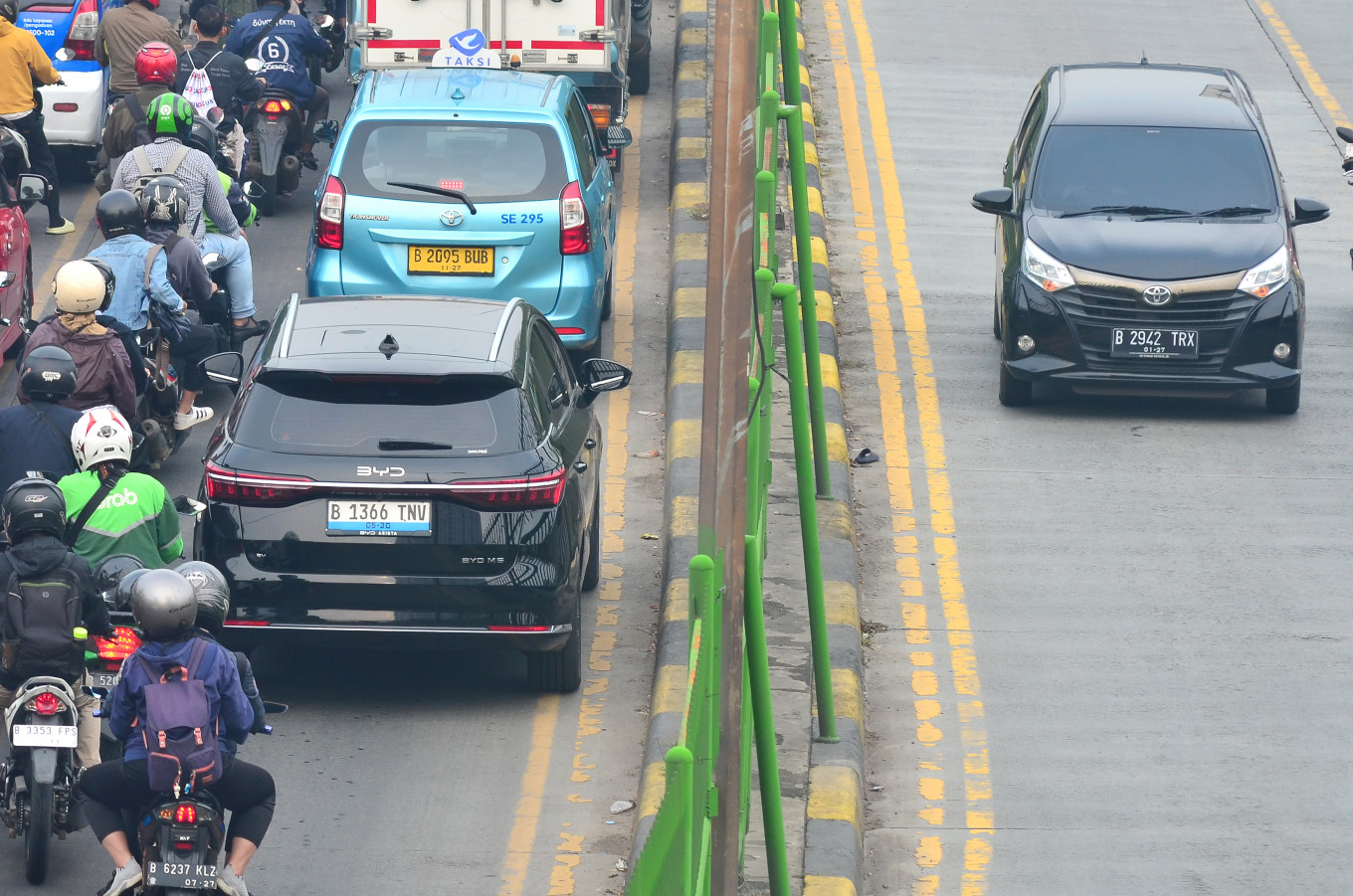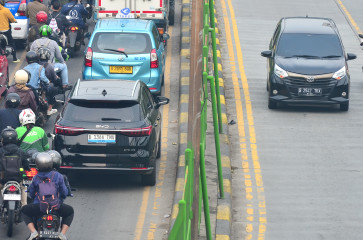Popular Reads
Top Results
Can't find what you're looking for?
View all search resultsPopular Reads
Top Results
Can't find what you're looking for?
View all search resultsWhy Indonesia’s EV future must be different: Lessons from Norway
Oslo's model shows that streamlined regulatory and incentive policies can help propel market evolution toward an EV ecosystem, while a separate study shows that vehicle electrification doesn't necessary require nickel or the resulting social and environmental harms.
Change text size
Gift Premium Articles
to Anyone
T
hose who live in Indonesia, especially in Greater Jakarta, might have noticed that air pollution has worsened significantly. Cities like Depok in West Java and Tangerang in Banten are now classified as “unhealthy”, and Jakarta’s pollution rivals that of Mumbai and Beijing.
The main sources are industry, coal, transportation and biomass burning. Despite a 2023 Supreme Court ruling mandating air quality control, the government has yet to implement robust policies or monitoring systems. The health toll is severe, with over 10,000 deaths and US$2.9 billion in annual losses.
Robust policies in the transport sector include the transition toward 100 percent renewable energy and electric vehicles, both crucial for reducing harmful air pollution and achieving net-zero emissions.
Norway, which has reached a milestone of EVs comprising 97 percent of new passenger cars sold, offers inspiration. In Oslo, the seamless replacement of fossil fuel cars with EVs, even in the heavy-duty vehicle sector, is almost surreal.
This transition did not happen overnight, however. It was the result of a comprehensive strategy involving policy, market incentives, strong civil society pressure and a shared national vision for a sustainable future. As an environmental and climate activist from Indonesia, I left Norway inspired but also challenged.
One of the most important lessons we can learn from Oslo is the balance between supply-side regulation and demand-side incentives. Norway did not wait for the market to evolve: It imposed higher taxes on internal combustion engine (ICE) vehicles while offering incentives that made EVs not just cheaper, but also more convenient.
Its success is a testament to what happens when policy and people work hand in hand, creating extensive charging infrastructure and gradually adjusting benefits to make the system financially sustainable.



















